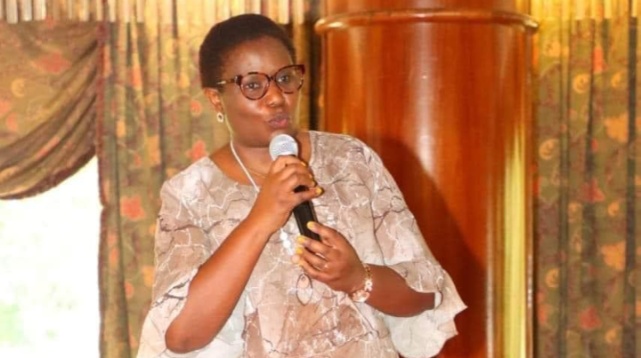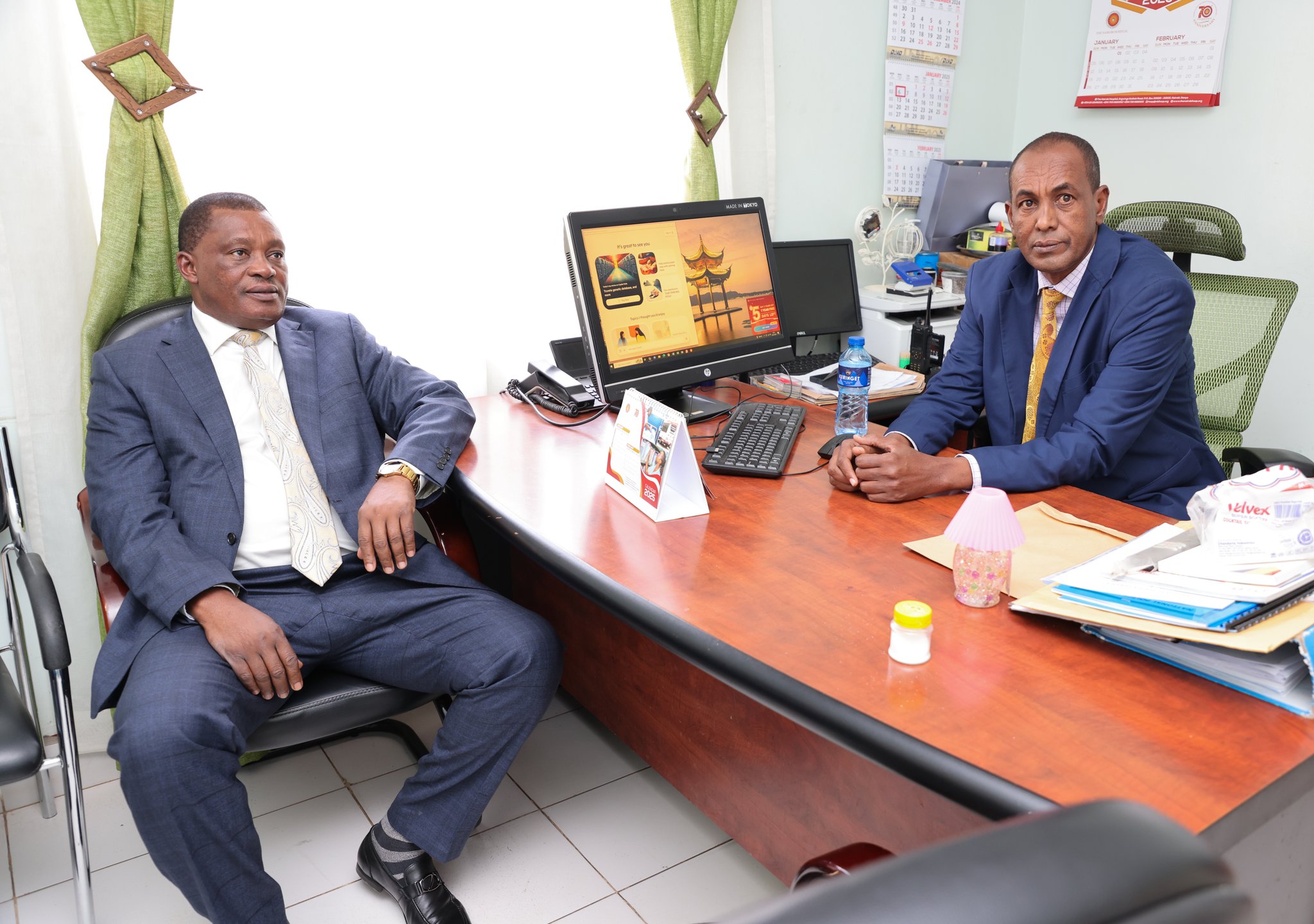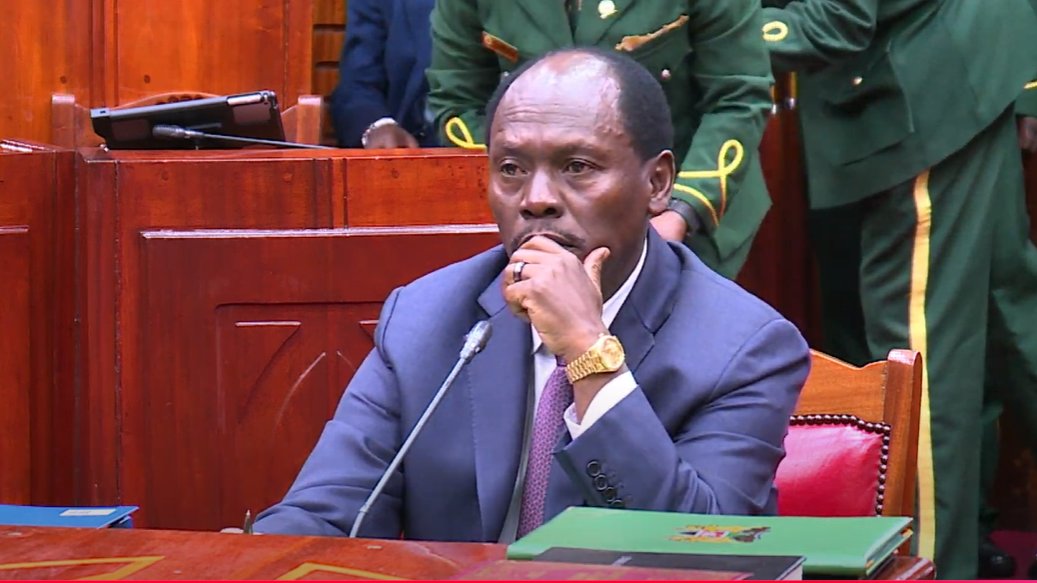The fate of Meru Governor Kawira Mwangaza, who was impeached last week, will ultimately hinge on political considerations rather than legal evidence, according to Narok Senator Ladama Olekina.
Speaking candidly on Monday morning August 12, 2024, about the impeachment process, Olekina emphasized the inherently political nature of such proceedings.
“In reality, impeachment is not really a legal matter, impeachment is a political matter. You find that even in the Senate we will be sitting down there going through evidence and evidence but ultimately the decision will just be political,” Olekina stated during an interview on a local TV station.
Olekina’s comments come as the Senate prepares to deliberate on whether to uphold or dismiss the impeachment of governor Kawira Mwangaza.
He suggested that the political dynamics within the Senate could overshadow the legal arguments presented.
“We’ve got a serious crisis in a county like Meru,” Olekina continued, pointing to the apparent disconnect between the will of the electorate and the actions of certain political factions.
“The citizens seem to be speaking one thing by electing a womàn governor, but there seems to be a cabal determined to bring confusion in the governance of that county.”
The Meru County Assembly impeached governor Kawira Mwangaza for the third time on August 8, 2024, after a motion was presented by nominated UDA MCA Zipporah Kinya.
Out of 69 MCAs; 49 supported the motion, 17 opposed it, and three abstained.
In the impeachment motion, Kinya accused Kawira of three main offences including gross violation of the Kenyan Constitution, violations of national and county laws, and àbuse of office.
Thrice impeached
This marks the third time the assembly has successfully impeached Kawira, following two previous attempts that were halted by the Meru High Court.
Kawira was first impeached on December 14, 2022, becoming the first county leader to face such action barely three months after taking office.
All 67 MCAs present at the session voted to remove her over claims of abusé of office.
However, an 11-member special Senate committee later found the charges unsubstantiated, sparing her from removal.
A second impeachment attempt occurred on October 25, 2023, with 59 out of 69 MCAs voting for her ouster.
This motion, brought by MCA Evans Mawira, accused governor Kawira Mwangaza of grossly violàting the Constitution and the County Government Act, citing misuse of public resources and mismanagement.
However, just like a cat with several lives, Kawira survived the second impeachment after the majority of 47 elected senators voted to save her. Nominated senators were not allowed to participate in the vote.
The charges during the second impeachment included misappropriation and misuse of county resources, nepotism, unethical practices, büllying, vilification of other leaders, illégal appointments, usurpation of statutory powers, contémpt of court, and illegally naming a public road after her husband.
“Pursuant to Article 181 of the Constitution, Section 33 of the County Governments Act and Standing Order 80, the Senate resolves to remove from office by impeachment Kawira Mwangaza, the governor of Meru County, on the seven charges,” Senate Speaker Amason Kingi read before the senators cast their votes electronically.
The majority of the elected senators voted against all the seven charges that Kawira faced.
Kawira’s third impeachment has sparked significant debate, with supporters and detractors divided over whether the charges against her are warranted.
As the Senate once again prepares to make its decision, Olekina’s remarks underscore the complex interplay of legal and political forces at work in Kenya’s impeachment processes.









